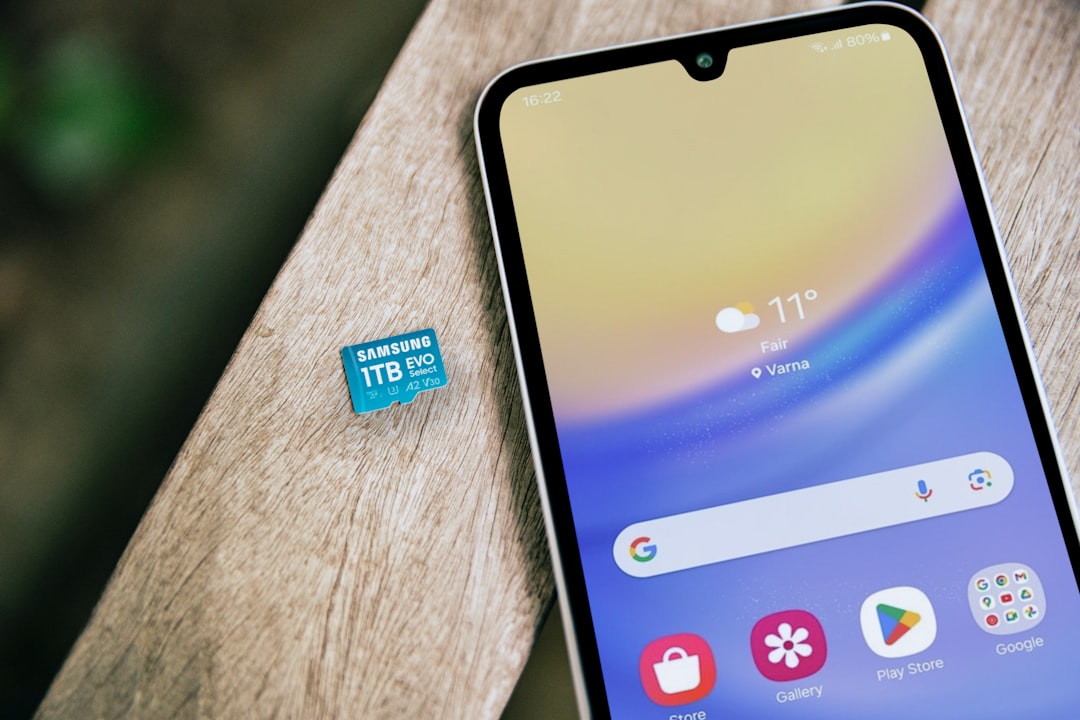Spam calls from law firms in Mississippi are a growing concern, invading residents' privacy with relentless and often misleading marketing messages. To combat this issue, a multi-pronged approach is needed: community education through workshops and awareness campaigns to identify and report suspicious calls; promoting call blocking apps and official verification methods; fostering collaboration between law firms, local authorities, and telecom providers for swift action; and providing pro bono services or workshops to educate residents about their legal rights under Mississippi's anti-spam laws. Together, Mississippians can create a safer environment by tackling spam call law firms head-on.
In Mississippi, spam calls remain a persistent nuisance, impacting residents’ daily lives. This article delves into the local perspective of this growing issue, exploring community-driven solutions that offer hope for relief. We examine the role of community engagement in combating these unwanted calls and present effective strategies implementable by both law firms and residents to mitigate the spam call problem in Mississippi. By fostering collaboration, Mississippians can reclaim their communication channels.
Understanding the Spam Call Problem in Mississippi: A Local Perspective

In Mississippi, the issue of spam calls has become a growing concern for residents and businesses alike. With an increasing number of unwanted phone calls from law firms and other entities, many Mississippians find themselves on the receiving end of relentless marketing messages, often with misleading or deceptive content. This local perspective highlights the need for effective solutions to combat this pervasive problem.
The state’s current spam call laws offer some protection, but many residents still face challenges in managing these intrusive calls. Law firms, in particular, have been known to employ aggressive tactics, utilizing automated dialers and pre-recorded messages to target potential clients. This has led to a significant increase in consumer complaints, especially as these calls often violate privacy rights and cause distress to those receiving them. Addressing this issue from a community perspective is essential to finding sustainable solutions tailored to Mississippi’s unique demographic and regulatory environment.
The Role of Community Engagement in Combating Spam Calls

In the battle against spam calls, community engagement plays a pivotal role in Mississippi. By fostering a collective effort, residents can effectively combat this growing nuisance. Local communities have the power to educate and empower their members about identifying and reporting spam call law firms operating within the state. Through workshops, awareness campaigns, and peer-to-peer support, individuals can learn to recognize suspicious calls and take proactive measures to stop them. This collective knowledge acts as a robust defense mechanism against spam call enterprises.
Moreover, community engagement fosters a sense of unity and shared responsibility. Residents can collaborate to create noise cancellation tools or implement local ordinances that strictly regulate spam calls. By pooling their resources and experiences, Mississippi communities can develop innovative solutions tailored to their unique needs, ensuring a quieter and safer environment for all.
Effective Strategies and Solutions Implementable by Law Firms and Residents

To combat spam calls in Mississippi, law firms and residents can implement several effective strategies. One key approach is to educate the community about recognizing and reporting suspicious calls. Encouraging residents to verify unknown callers through official government resources or trusted third-party tools can significantly reduce the number of unwanted interactions. Additionally, promoting the use of call blocking apps and tools specifically designed to filter out spam calls can empower individuals to take control of their communication channels.
Law firms can play a pivotal role in fostering these initiatives by providing regular updates on emerging spam call trends and techniques. They can collaborate with local authorities and telecom providers to establish robust reporting mechanisms, ensuring swift action against persistent spammer activities. Furthermore, law firms can offer pro bono services or workshops to help residents understand their legal rights regarding spam calls and the available recourse under Mississippi’s anti-spam laws.






